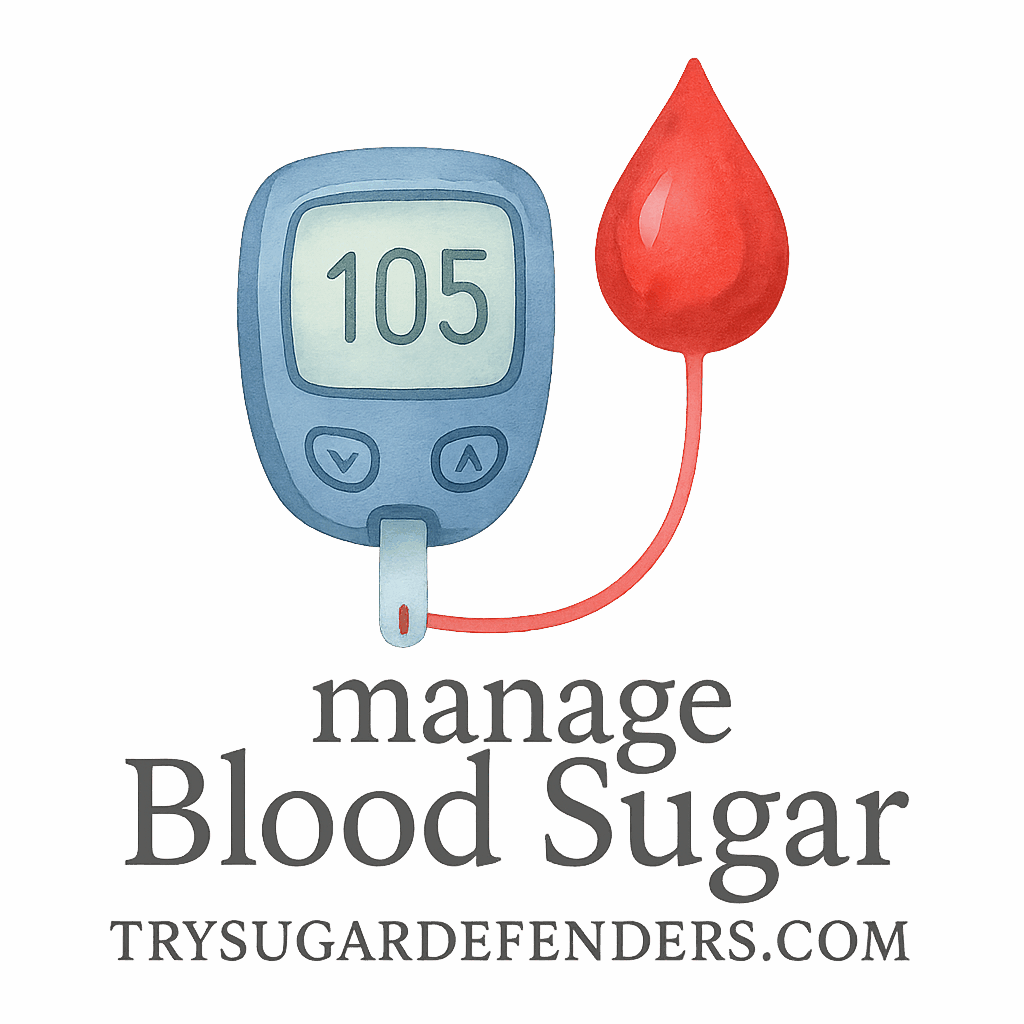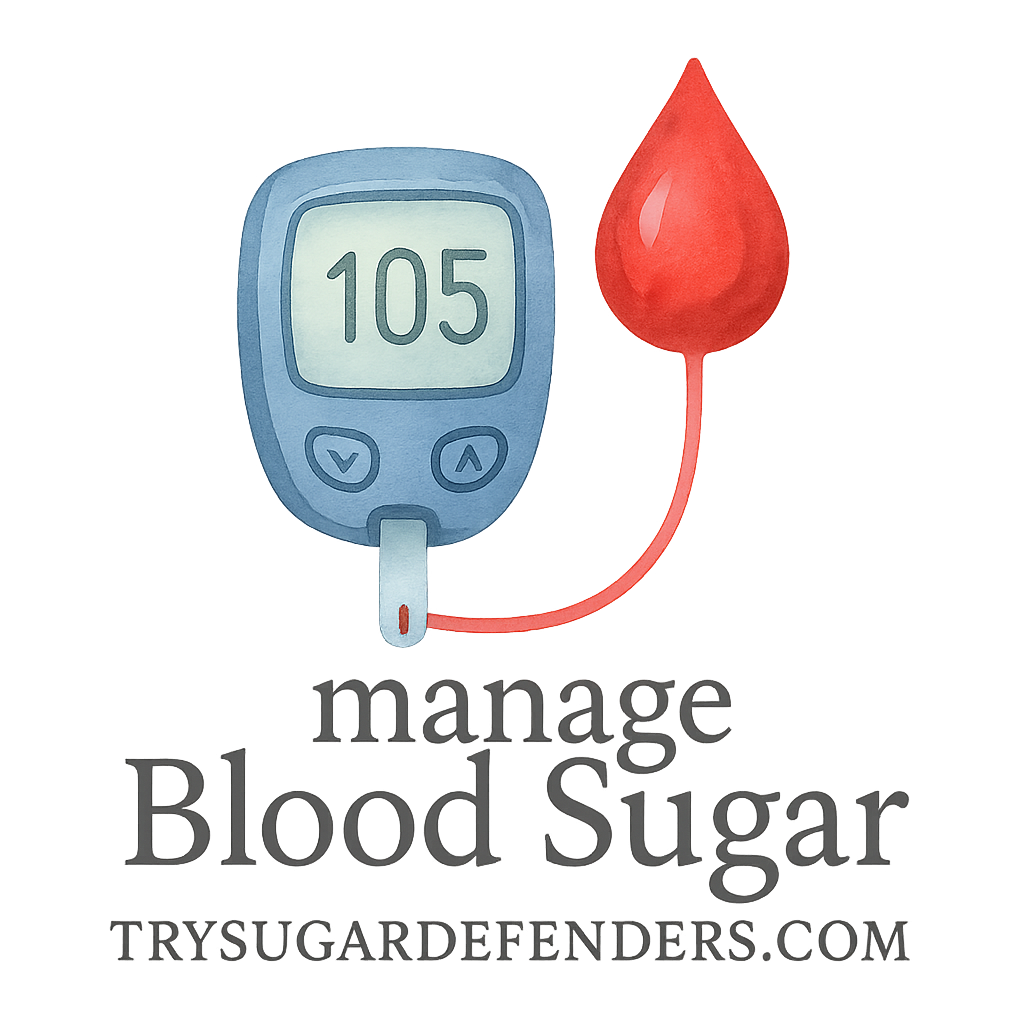Controlling your blood sugar isn’t just about avoiding sugar and carbs—it goes deeper than that. Minerals, those tiny but mighty nutrients, play a major role in keeping your glucose levels in check. Whether you’re managing diabetes or trying to stay ahead of it, getting the right minerals could be a game-changer.
Let’s dive into the 5 proven minerals that help lower blood sugar levels—and how you can naturally include them in your daily routine.
Why Managing Blood Sugar Is So Important
The Rising Risk of Blood Sugar Imbalances
Blood sugar imbalances are on the rise worldwide, with millions experiencing prediabetes without even knowing it. And if left unchecked? It could progress into full-blown diabetes or trigger serious health complications.
Check out the importance of blood sugar monitoring.
Consequences of Poor Blood Sugar Control
Poorly managed glucose can lead to:
- Fatigue and brain fog
- Weight gain
- Blurred vision
- Nerve damage
- Cardiovascular issues
Scary, right? That’s why staying ahead with smart strategies is critical.
How Minerals Affect Blood Sugar
The Role of Micronutrients in Glucose Metabolism
Certain minerals act like the unsung heroes in the blood sugar story. They help regulate insulin sensitivity, glucose uptake, and metabolic processes that influence your overall health.
Explore more about diet and nutrition strategies for stable blood sugar.
Do You Have a Mineral Deficiency?
You might, especially if:
- You eat a lot of processed foods
- You’re under chronic stress
- You’ve got gut absorption issues
Now let’s meet the star minerals.
1. Magnesium – The Master Mineral
How Magnesium Helps Control Blood Sugar
Magnesium helps cells respond to insulin. Low levels are directly linked to insulin resistance and high fasting glucose.
It’s a key player in:
- Glucose transport
- Insulin secretion
- Reducing inflammation
Best Magnesium Sources
- Spinach
- Pumpkin seeds
- Almonds
- Avocados
- Black beans
Supplementation and Dosage
Look for magnesium citrate or glycinate. Avoid oxide forms—they’re not well absorbed.
Start with 200–400 mg per day, but consult a doctor first. Learn about combining minerals with medical supplements.
2. Chromium – The Insulin Partner
Chromium’s Role in Blood Sugar Management
Chromium enhances the action of insulin and improves the body’s ability to use glucose.
Some studies show that chromium picolinate lowers fasting blood glucose and improves HbA1c in type 2 diabetics.
Chromium-Rich Foods
- Broccoli
- Grape juice
- Whole grains
- Eggs
- Green beans
Tips for Supplementing Safely
Go for chromium picolinate, ideally 200 mcg/day. Always start small and observe how your body reacts.
Get more support from blood sugar behavioral strategies.

3. Zinc – The Blood Sugar Shield
Zinc’s Influence on Insulin Production
Zinc is crucial for insulin storage in the pancreas and helps protect beta cells from oxidative damage.
It’s also involved in improving insulin signaling pathways.
Natural Sources of Zinc
- Oysters (super-rich!)
- Beef
- Cashews
- Chickpeas
- Pumpkin seeds
Zinc Supplement Tips
Stick with zinc gluconate or zinc citrate, 15–30 mg/day. Too much zinc can throw off copper levels, so balance matters.
Check out these supplement comparison guides to find your best option.
4. Vanadium – The Insulin Mimicker
How Vanadium Mimics Insulin Action
Vanadium may enhance insulin sensitivity and mimic its effects on glucose uptake.
Research is still developing, but early findings are promising for type 2 diabetes management.
Where to Get Vanadium
It’s found in:
- Mushrooms
- Black pepper
- Dill
- Seafood
But in very small amounts—supplementation is often needed.
Is Vanadium Safe to Take?
Stick to low doses (1–5 mg/day) and only under professional guidance. Excessive vanadium can be toxic.
Need help? Ask the right questions to your doctor.
5. Manganese – The Unsung Hero
Why Manganese Matters for Blood Sugar
This often-overlooked mineral plays a role in glucose metabolism and helps manage oxidative stress—a factor in insulin resistance.
Dietary Sources of Manganese
- Pineapple
- Brown rice
- Nuts
- Green tea
- Cloves
Dosage and Considerations
Aim for around 2 mg/day through food. Avoid high-dose manganese supplements unless prescribed.
For a complete guide on natural strategies, visit https://trysugardefenders.com.
How to Incorporate These Minerals Into Your Daily Routine
Through Diet and Meal Planning
Mix and match mineral-rich foods into smoothies, salads, and hearty meals. Use a food tracker to make sure you’re not missing out.
For inspiration, explore diet-based plans.
Supplements: What to Know
- Always go with trusted brands
- Avoid mega-dosing
- Pair minerals with meals for better absorption
More tips can be found under medical recommendations.
Monitor Progress With Devices
Use a CGM (Continuous Glucose Monitor) or glucometer to track your progress. Discover smart monitoring devices here.
Combine Minerals With Smart Lifestyle Strategies
Exercise, Sleep, and Stress Reduction
- Daily walking boosts insulin sensitivity
- Sleep 7–9 hours
- Practice yoga or deep breathing
Visit the exercise and lifestyle section to get started.
Behavioral and Mental Strategies
Stay consistent by using CBT, journaling, and goal setting. Learn more at behavioral-mental-strategies and goal-setting tips.
When to Consult a Doctor or Nutritionist
Signs You Need Professional Help
- Blood sugar stays high despite diet changes
- You feel tired, irritable, or foggy
- You’re unsure about supplementing
Questions to Ask During Consultation
- Am I deficient in any key minerals?
- Should I take a supplement or adjust my diet?
- Is it safe to combine minerals?
Find a trusted doctor or specialist through online resources or referrals.
Final Thoughts
While medications have their place, natural minerals can offer a powerful, proven way to lower blood sugar levels. From magnesium to manganese, incorporating these nutrients into your daily life could transform your energy, focus, and long-term health.
Just remember—balance is key. Start with food, track your results, and talk to your healthcare provider before jumping into supplements. Your blood sugar doesn’t have to control you—you can take control of it, starting today.
FAQs
1. Can I take all five minerals together?
Yes, but it’s best to start with one or two and build up. Consult a healthcare provider before combining supplements.
2. Which mineral works fastest for lowering blood sugar?
Magnesium tends to have a quicker impact, especially if you’re deficient.
3. Are these minerals safe for kids or teens?
Always talk to a pediatrician first. Some minerals in small food-based doses are generally safe.
4. What’s the best time to take mineral supplements?
Usually with meals, as it enhances absorption and reduces stomach discomfort.
5. Can I just get these minerals from food?
Absolutely! A varied diet with whole foods is ideal, but supplements can help fill gaps.
6. Do minerals interact with medications?
They can. Magnesium, for example, may interfere with antibiotics. Always check with your doctor.
7. Are mineral supplements better than multivitamins?
Mineral-focused supplements often offer higher and more effective doses than standard multivitamins.


